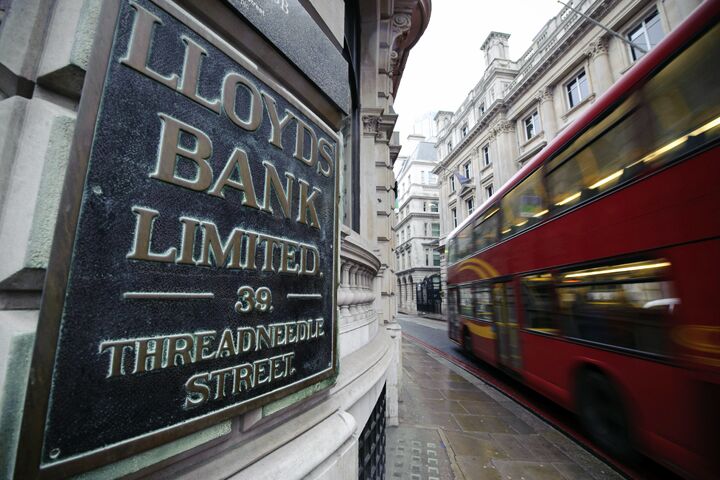
British Banks Yield to EU
In the latest demonstration of the power of the European Union in Britain’s affairs, the entire British banking system is to undergo a sea change.
“Investors are facing a double body blow as Britain’s two leading state-controlled banks are forced to carve hundreds of branches out of their portfolios to satisfy regulatory demands” (Mail Online, October 28).
Two bastions of the traditional British banking system hard hit by Britain’s capitulation to EU regulators are the Lloyds Banking Group and the Royal Bank of Scotland, which “will be forced to sell off ‘significant’ chunks of their retail branch networks as part of a European Union-mandated plan to create two new nationwide lenders, government sources said last night” (ibid.).
This is the latest king-hit on British investors, coming as it is hard on the heels of massive taxpayer contributions to the bailout of other British entities since the financial meltdown of September 2008.
“A spokesman for Lloyds said: ‘We are working closely with the European Commission and the Treasury on the issue of EU state aid.’
“An rbs spokesman said: ‘We are co-operating with HM Treasury to work to achieve a sensible solution with the European Commission’” (ibid.; emphasis mine).
Both statements from these once great British banking empires speak to the powerful incursion by the European Union on British national sovereignty. Britain has become the lackey of Brussels/Berlin. And from the recent moves by the pope to draw Anglicans into the Vatican’s maw, it may soon become the lackey of Rome as well.
Herbert W. Armstrong constantly prophesied that Britain would either opt out, or be cast out of the European combine. One great sign that the British public are finally waking up to the freedoms their governments have handed over to the EU is the massive support that the fledgling right-wing group, the British National Party, has garnered over the past six months.
Next year’s national elections in Britain may yet be a watershed event for British-EU relations.
